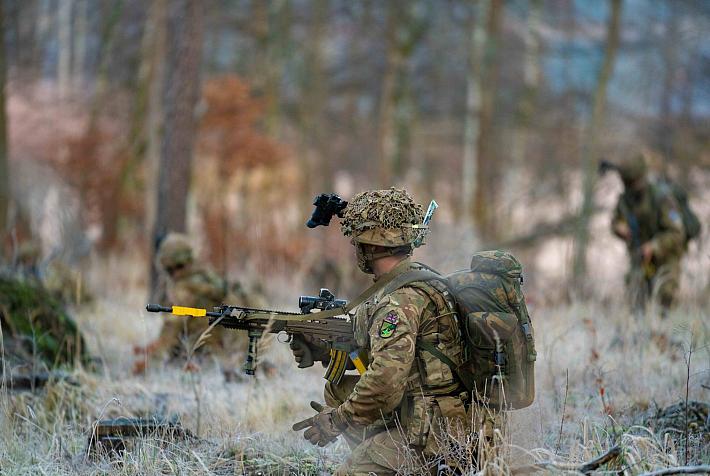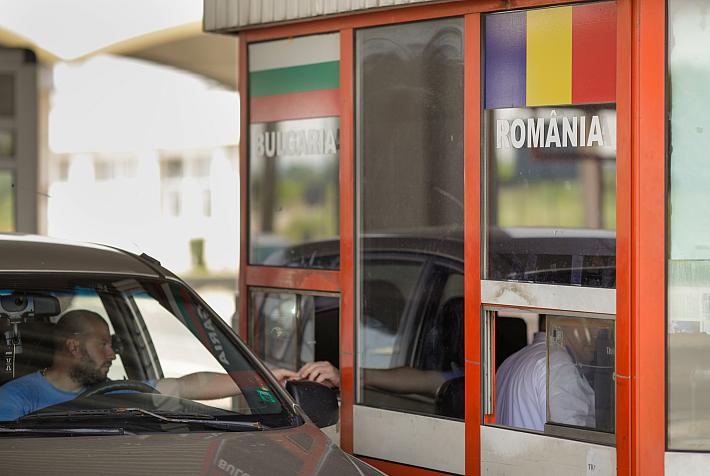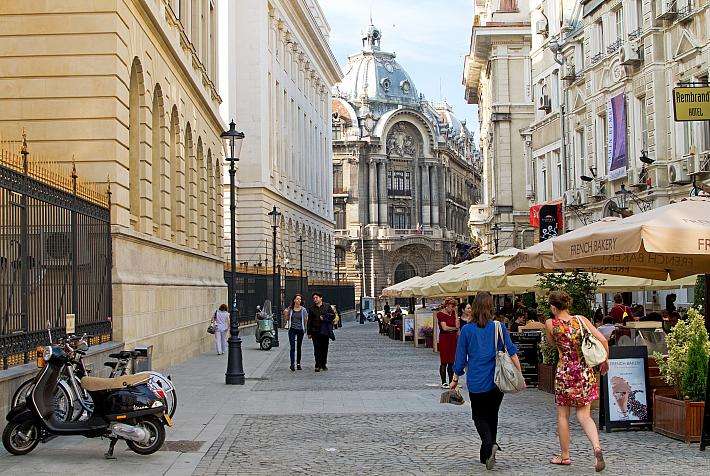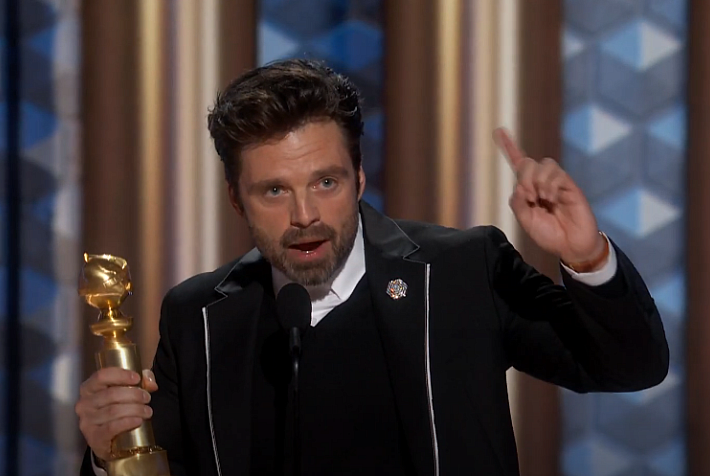Romanian film review – Berlinale impressions, part III: Le beau danger

This third Berlinale installment will also be the last before I go back to keeping you posted on the latest movie happenings in Romania. It features one of the the most intriguing entries I've seen this year, a German experimental documentary about Romanian-born author Norman Manea.
Born in 1936 near Suceava into a Jewish family, Manea survived the concentration camp in Transnistria as a child and spent his life back in Romania until 1986, when he left for a scholarship in Germany before he settled down in the USA in 1988.
Manea is one of the most translated Romanian authors, having written more than twenty novels and collection of short stories and essays. Manea's texts are often centred around the issues of exile, repressive regimes, and the holocaust. A sharp, experimental-happy writer with a penchant for the absurd, Manea's texts are fiercely original, demanding, and beautiful. It was about high time he was payed homage on screen.
Young filmmaker René Flörke opts for a multimedia approach: intertitles with written texts from Manea's works are intercut with dialogue-free sections showing Manea on several public appearances, black-and-white images mix with coloured ones, classic film material with digital footage, noise with musical pieces.
But Le beau danger is a bit too happy to experiment for its own sake; the collage of fragments gets a bit tiresome after a while and since Manea is too magnetic a presence, all passages without him pale in comparison, which is a shame indeed because they are not without beauty. Fitting to Manea's texts, the film is by no means easy and demands an absolute willingness to be drawn into its rhythm but for the ones willing to do so, it has many rewards, mostly in the shape of Mr Manea's poetic texts and his charming, impressive presence. Each one of the scenes with him present is captivating and full of insights into life, art, and the human heart.
I also appreciated Le beau danger for another reason, and this is a highly subjective one: as internationally-produced documentaries about Romania focus seldom on something else than pressing social and political issues like minority rights, the communist legacy.
Or – on the opposite scale – the untarnished beauty of its nature, watching a documentary dedicated to an intellectual figure, even if in the context of tragic historic events, is a thing of joy. As much as social, political, or issues are worth tackling in details, I do hope there will be many more films focusing on all aspects of a country as maddening, puzzling but undeniably rich in its artistic past and present as Romania.
By Ioana Moldovan, columnist, ioana.moldovan@romania-insider.com












